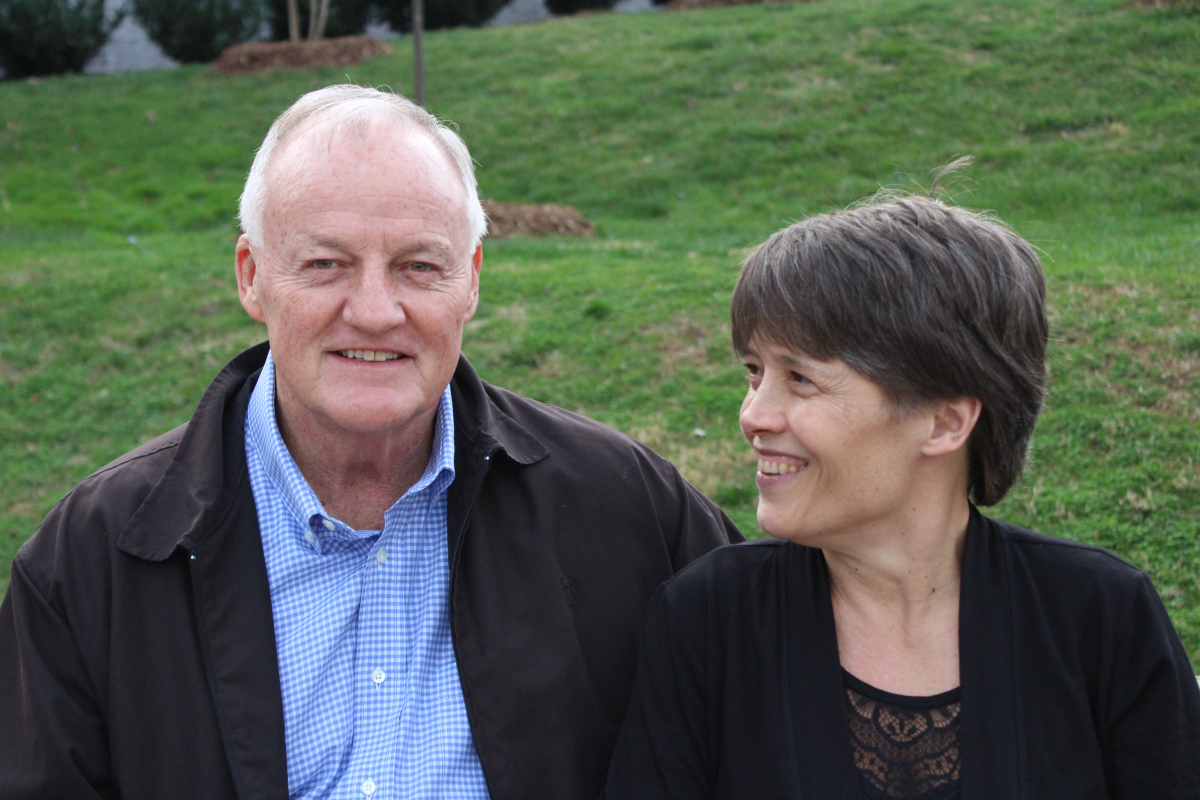We live in the most effective and rapid communication era at any point in human history. The power to access information about any location on Earth or any period of time is more accessible now than ever before. While your friends and neighbors may know the latest media talking points about the president and the recent scandal coming from Congress, how many take an interest in what passed in the state legislator, or local city council?
Social media, despite its many drawbacks and faults, provides individuals with the ability to reach out to a whole community of like-minded people who exchange and provide information voluntarily. Sadly, there is one sector of our society that doesn’t seem to be caught up to the rest of us in this digital age- local government.
When you go online to various websites or social media channels owned by our elected officials and public servants, they are either outdated or non-existent, with most accounts simply drifting in the endless void of the internet with some constituents wondering if anyone is on the other side at all. Even when it comes to getting in contact with your local representative, information is either scant, outdated, or out of service, leaving you in a dead end. It is inexcusable that in today’s era, politicians only care about social media when it is time to run for re-election.
French traveler Alexis de Tocqueville going from end to end of our newly independent nation wisely stated: “The health of a democratic society may be measured by the quality of functions performed by private citizens.” As a former member of the Lynchburg City School Board and residing president of the Windsor Hills Neighborhood Association, I’ve seen that public service requires individuals willing to act as statesmen and servant-leaders instead of politicians.
Because of this insight and concern, I have made it an official campaign stance to post my votes (along with the rationale behind my decisions) on my website and social media within 24 hours after voting or making a stance if elected to represent our city at-large on the May 1st election. While some have stated this could potentially bring forth the frustration and ire of those who disagree with my votes by putting my voice out there in the court of public opinion, it is better to be criticized for a disagreement of policy rather than hide in the bureaucratic shadows. We all deserve better from our elected officials and this is an easy and common sense place to start a better dialogue for the sake of our community.
Positive examples run on both sides of the Republican and Democrat aisles, with the prime example being Congressman Justin Amash of Michigan who broke political and partisan orthodoxy when he pledged to post his votes and rationale on social media immediately after a decision was made. The career politicians didn’t like this, but his constituents who voted for him (and even those who didn’t) have shown their appreciation and respect over time as he has shown being open about his intentions and the truth are always the right thing to do.
Opening yourself up to criticism is never fun, but I’m running for Lynchburg City Council because private citizens and taxpayers who drafted me to run have asked me to carry their message of transparency and innovation to our local government. Sometimes big changes start with small steps, and I’m hoping we can start a better dialogue together.


